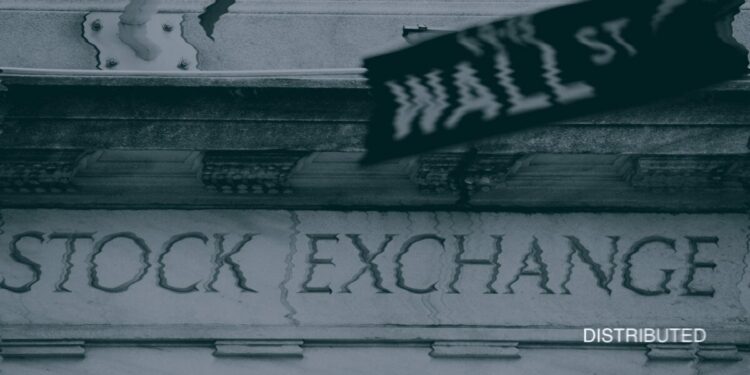Wall Street’s main indexes advanced this Tuesday after the latest data showed that consumer confidence rose to 103.3 in August from 101.9 in July, above a reading of 100.8 expected in a survey compiled by Bloomberg. The August print hit the highest since February which had a positive influence on stocks.
Dana Peterson, Chief Economist at the Conference Board said that consumers were more optimistic about both current and future business conditions compared to July, though concerns about the labor market increased. Positive information is that inflation expectations for the next twelve months eased to 4.9% from 5.3%, the lowest since March 2020.
This leads to greater confidence in the economy, encouraging spending and investment, which in turn supports economic growth. At the same time, lower inflation expectations could further strengthen policymakers’ confidence that inflation was returning to its 2% target.
See Related: U.S. Central Bank May Need To Keep Interest Rates Higher For Longer. What To Expect In The Upcoming Days?
Central Bank And Inflation
It is also important to mention that Federal Reserve Chair Jerome Powell recently said that the central bank is not just focused on inflation and that policymakers closely watch the situation in the U.S. labor market. He concluded that the U.S. is still on track for a so-called soft landing, where the Fed’s inflation target is met without a significant increase in the unemployment rate.
This outcome seemed improbable when inflation reached a 40-year high in 2022. Jefferies US Economist Thomas Simons said:
“The decline in inflation expectations is a big driver behind the improvement in confidence. However, some economic analysts became more anxious about the labor market after the unemployment rate jumped to near a three-year high of 4.3% last month.”
Investors are eagerly awaiting July’s Personal Consumption Expenditure data, set to be released on Friday, for further insights into the potential trajectory of interest rate cuts. According to CME Group’s Fed Watch tool, traders are now betting on an interest rate cut of either 25 or 50 basis points in September but UBS Global Wealth Management raised the odds of a U.S. recession to 25% from 20%, citing weakness in the labor market.



